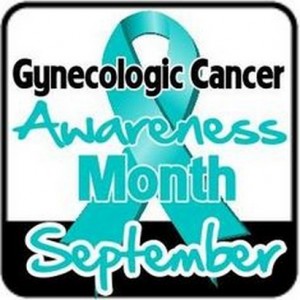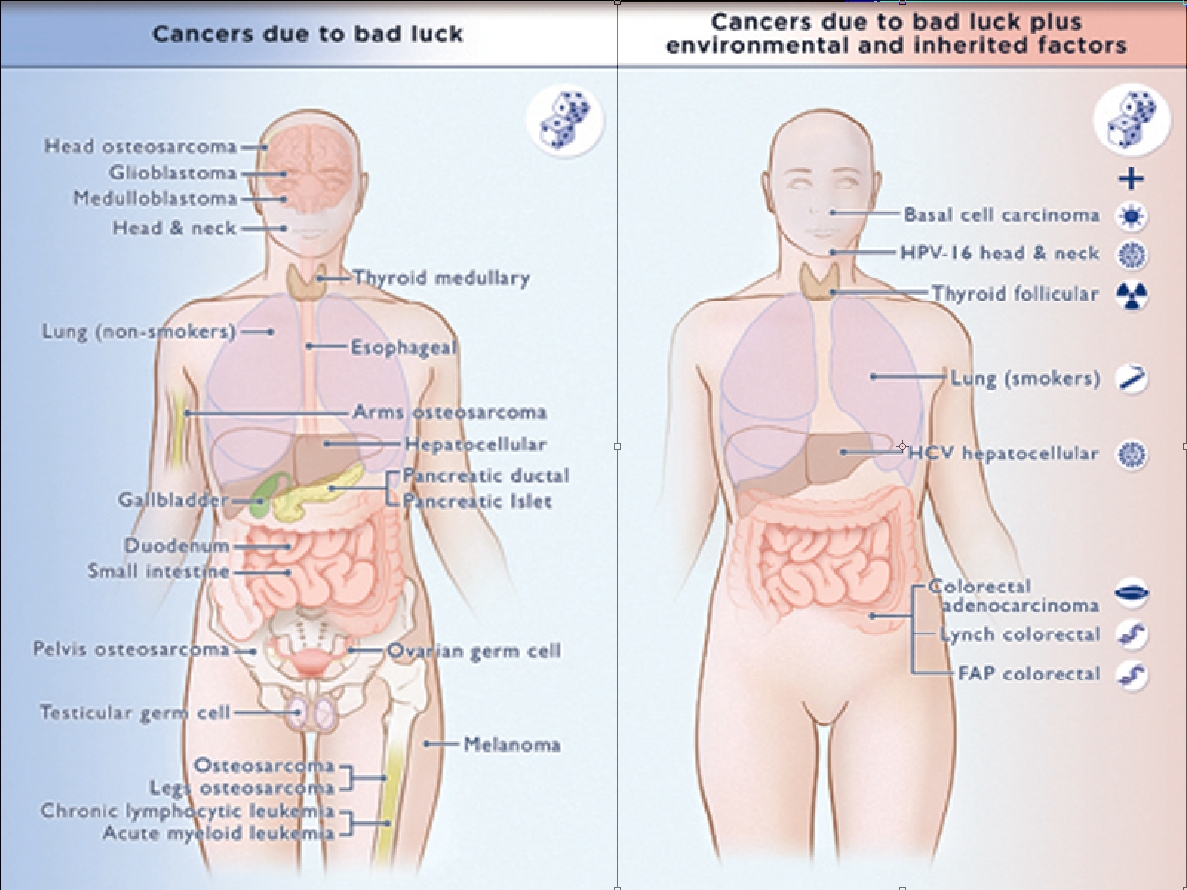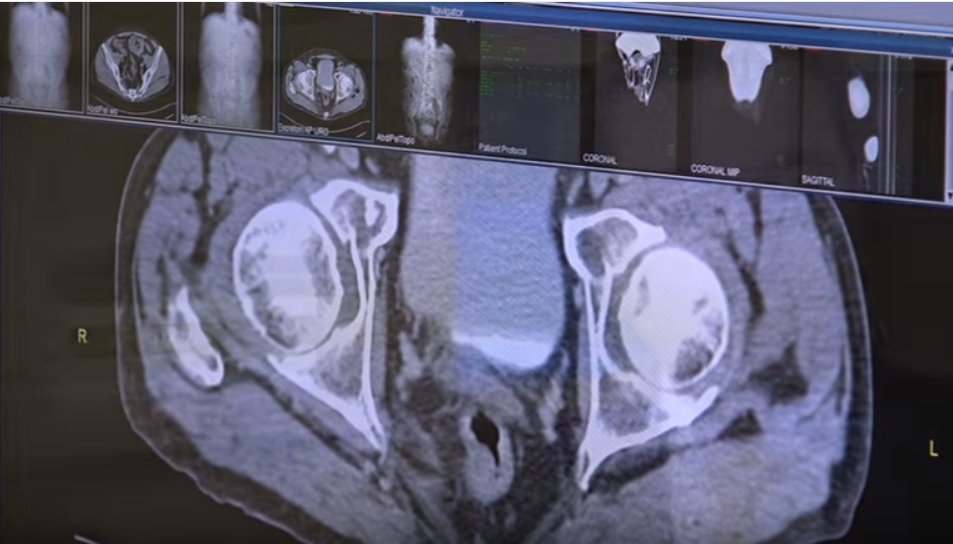 AUGUSTA, Ga.- According to the Center for Disease Control, more an 80,000 women in the U.S. are diagnosed with a gynecologic cancer, and more than 25,000 will die from it. In response to this alarming statistic, September has been named Gynecological Cancer Awareness Month in an effort to help women become educated on the importance of early detection.
AUGUSTA, Ga.- According to the Center for Disease Control, more an 80,000 women in the U.S. are diagnosed with a gynecologic cancer, and more than 25,000 will die from it. In response to this alarming statistic, September has been named Gynecological Cancer Awareness Month in an effort to help women become educated on the importance of early detection.
“Although all women are at risk for developing gynecological cancers, the rate increases with age,” said Dr. Sharad Ghamande, Gynecologic Oncologist at the Georgia Regents University Cancer Center. “This is why it is important for women to pay attention to their body so they can know when something irregular is happening and maybe even recognize the symptoms of cancer.”
Gynecologic cancer refers to malignant growths in the ovaries, vagina, vulva, uterus, cervix, or fallopian tubes. In spite of the fact that there are no guaranteed ways to prevent gynecological cancers, Ghamande suggests the following tips to help reduce your risk.
- Pay attention to your body. Talk to your doctor right away if you begin experiencing symptoms such as abnormal vaginal bleeding, bloating, pelvic pain or pressure for more than two weeks. There is a chance these symptoms may not be cancer, but the only way to know for sure is by going to your physician.
- Stay healthy. Eating a balanced diet and exercising not only helps reduce your chances of getting a gynecologic cancer, but it is beneficial for your overall health. In fact, maintaining a healthy weight and active life may lower your chances of getting certain gynecological cancers such as uterine and ovarian cancers.
- Get regular pap tests. Pap tests are one of the best ways doctors find precancerous changes on the cervix. It is recommended that all women aged 21 to 65 get this test done regularly or as directed by their doctor.
- Know your family history. In addition to having pap tests, be sure to share your family history with your doctor. If you or someone in your family has battled gynecological cancer, breast cancer, or have multiple relatives with colon cancer, you may consider having a genetic testing or counseling. This information will help you learn if you have an increased chance of developing the disease.
- Get vaccinated if appropriate. Researchers say the human papillomavirus can cause most cervical cancers as well as some vaginal and vulvar cancers. HPV vaccinations can protect against these types of cancers and it is recommended for 11 and 12 year-old girls. The vaccine may also be given to girls as early as nine years of age.
Dr. Ghamande has consistently been named to the Castle Connolly list of America’s Top Doctors – both in cancer and in gynecologic oncology – which puts him in the top 1 percent in his field nationwide. Ghamande is Professor and Chief of Gynecologic Oncology at GRU’s Medical College of Georgia and Associate Cancer Center Director at the GRU Cancer Center. His clinical and research interests include robotic surgery for gynecologic cancers and chemotherapy trials in recurrent ovarian cancer. Ghamande has worked with the National Cancer Institute-funded Georgia Gynecologic Oncology Group studying innovative ways to prevent and treat pelvic malignancies and is currently the principal investigator on the NCI-funded Minority-Based Community Clinical Oncology Program.
[content id=”18639″]





